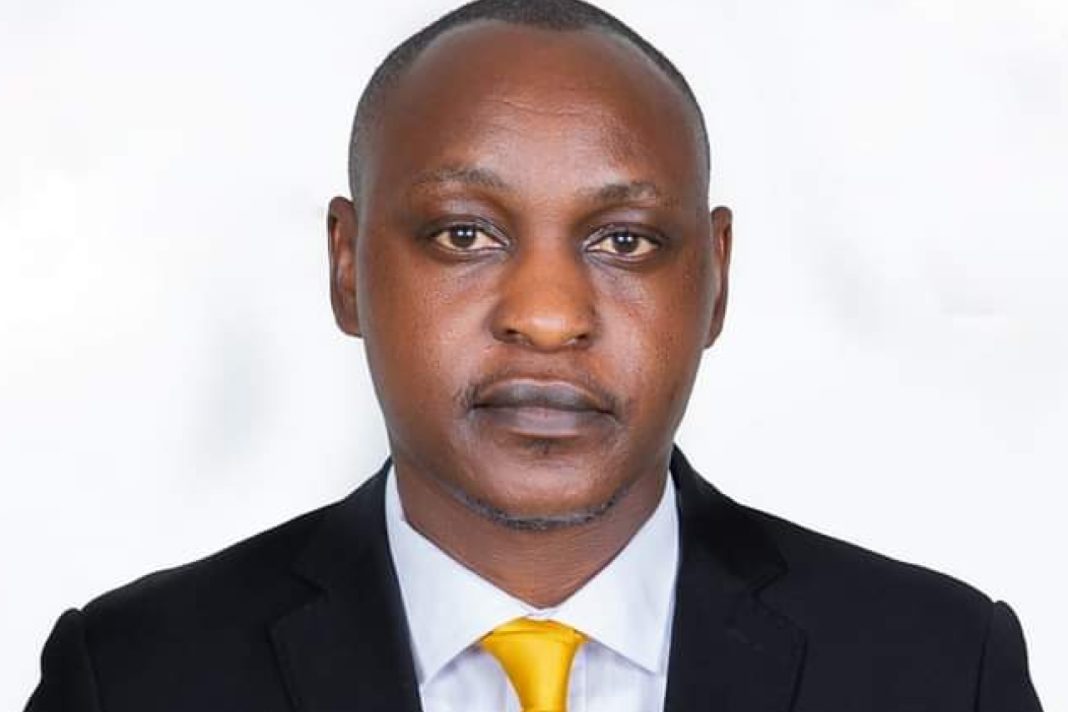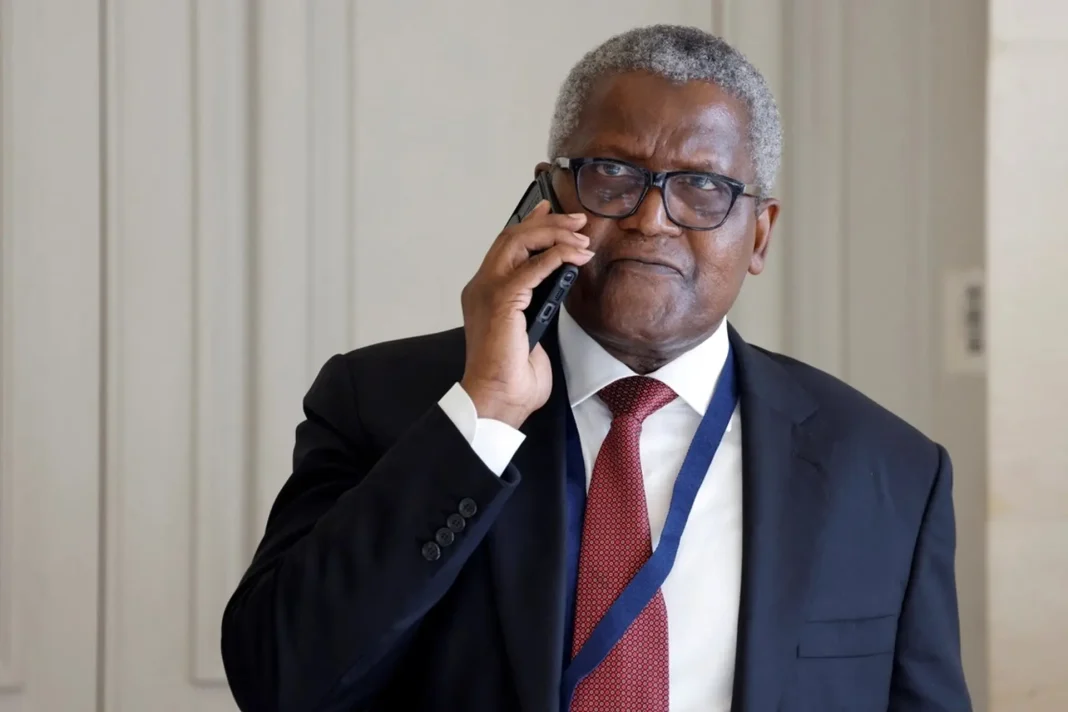By FCPA Hesborn Omollo
Kenya’s democracy depends as much on the integrity of our media as it does on the ballot box. Yet in the aftermath of this July’s Saba Saba Day unrest when at least 31 Kenyans lost their lives and youth groups attacked nine police stations our leading broadcasters have served viewers a steady diet of anti-government narratives. Ninety percent of airtime cast the State as villain. In a nation still healing from violence, this isn’t vigorous journalism it’s a spark on dry tinder.
We cherish freedom of expression. Our 2010 Constitution enshrines it. But it draws a clear line: no propaganda for war, incitement to violence or hate speech. The Media Council Act and the Kenya Information and Communications Act place duties on newsrooms and broadcasters to be fair, balanced and accurate. Penal provisions make it a crime to incite disaffection against the Government or to spew hate that fractures ethnic harmony. When these laws live only on paper, they fail their most vital test: preserving public order in times of crisis.
So what happens when regulation is idle? When complaints to the Media Council of Kenya (MCK) stagnate in limbo and the Communications Authority watches in silence while broadcasters flout licence conditions? Citizens grow cynical. Trust in institutions erodes. The same stations mandating protests one night become the arbiters of national truth the next never held accountable for fanning flames.
In a democracy as delicate as ours, unchecked bias is not a harmless oversight; it is a threat. It undermines confidence in security agencies, provokes further unrest and encourages extremists who feed on chaos. If we fail to demand redress now, we accept a media landscape where spin eclipses facts and tribal narratives drown out common purpose.
Our recourse is clear and legally grounded. First, every citizen or public officer who witnesses unbalanced coverage must file a complaint with the MCK. Under the Media Council Act, its Complaints Commission can order corrective broadcasts, issue public reprimands and refer repeat offenders to the Communications Authority. Second, civil society should leverage Article 22 of the Constitution to bring public interest litigation. The High Court has the power to compel action from both MCK and the CA, even to suspend licences that jeopardize peace.
Third, Parliament must step up. The Departmental Committee on ICT should summon errant broadcasters for inquiry, publish quarterly compliance reports and strengthen the Media Council Act with interim powers such as the “right of reply” order that enforce balance while investigations proceed. Finally, a nationwide media-literacy campaign will empower citizens to spot bias and demand accountability, turning passive viewers into active watchdogs.
Some will argue this smacks of censorship. It is not. It is the flip side of freedom: responsibility. Just as the press demands to hold Government to account, the public has a right to hold the press to its own standards. In a fragile environment scarred by bloodshed, our laws demand no less.
Kenya stands at a crossroads. We can tolerate sensationalism that deepens divides, or we can insist on journalism that informs, contextualizes and heals. If the Saba Saba tragedy taught us anything, it is that words carry weight. When those words amplify anger rather than understanding, we all pay the price. Let us wield our legal tools and civic voice to ensure that our media, at its best, unites rather than divides this country we all call home.




